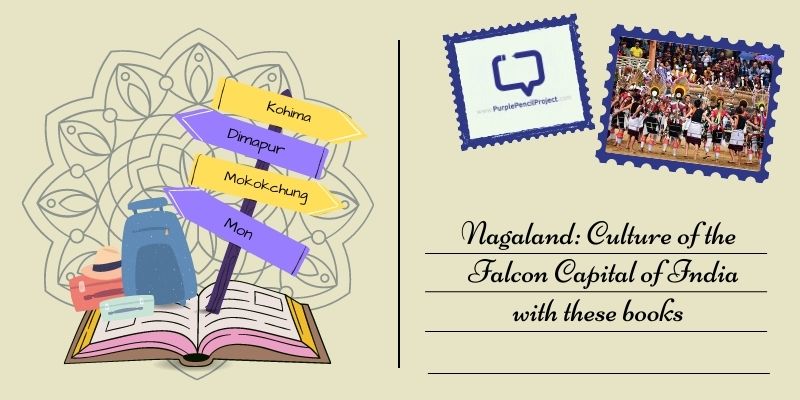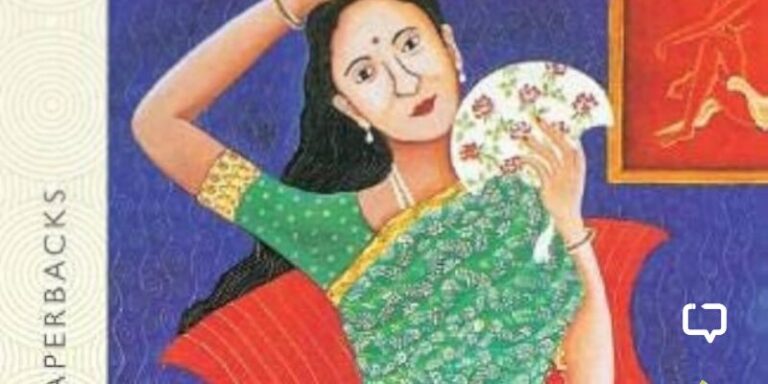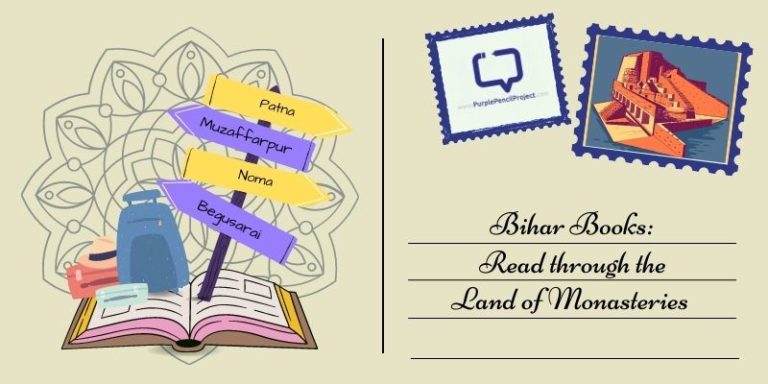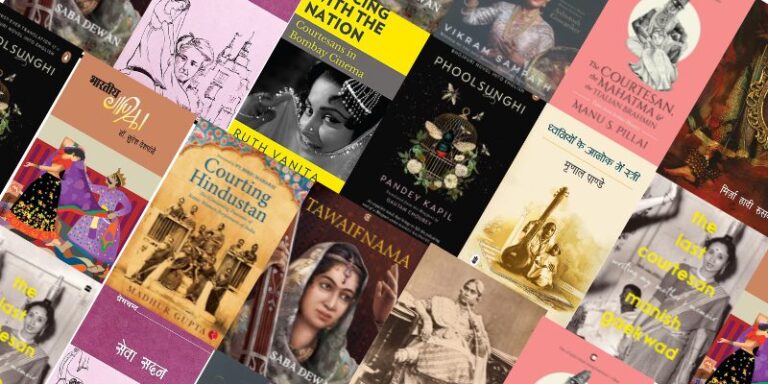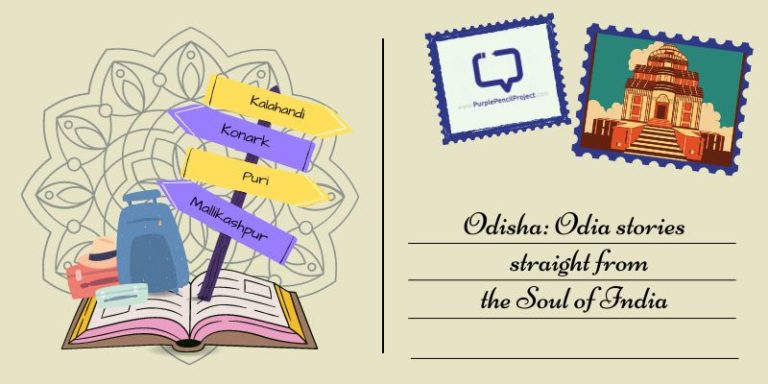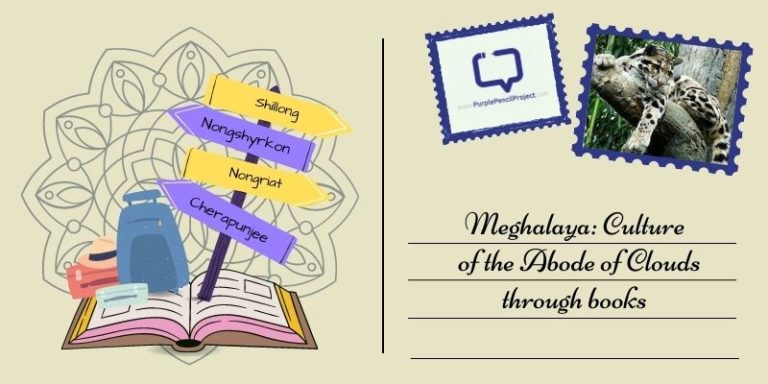Nagaland, adorned with uncountable hills, is a sheer pleasure for those visiting North East India. It has an unworldly vibe that lets every human soul unwind to the core. From dramatic head dresses of the locals to great taste in food, from vibrancy in festivals to some unseen traditions – this state has something for everyone. Nagaland often surprises visitors with the influences of varied religions found here. From marks of Christianity to astonishing influence of Hinduism, there is so much to explore and unearth in Nagaland. Nagaland culture is made richer by the numerous Naga tribes.
We encourage you to buy books from a local bookstore. If that is not possible, please use the links on the page and support us. Thank you.
Read through the falcon capital of India with these eight books!
Title: Sky is My Father: A Naga Village Remembered
Author: Easterine Kire
Publisher: Speaking Tiger Publishing
Blurb: In this richly detailed historical novel—the first Naga novel to appear in English—Hindu Prize winner Easterine Kire brings alive Khonoma of the nineteenth century, a natural fortress nestled amidst high mountains. Life in the far-flung Naga hills was ordered by the seasons and the ceaseless labour of both women and men in the fields; by social taboos, rituals and festivals. Young men grew up on stories of valiant battles with rival villages, tigers, spirits and the British. Everyone had a deep connection with the land, and they took pride in fighting and toiling for it.
Price: Rs. 294 || Pages: 200
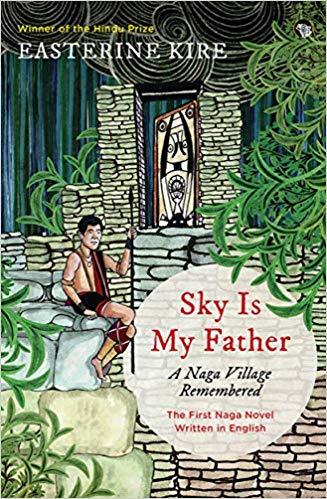
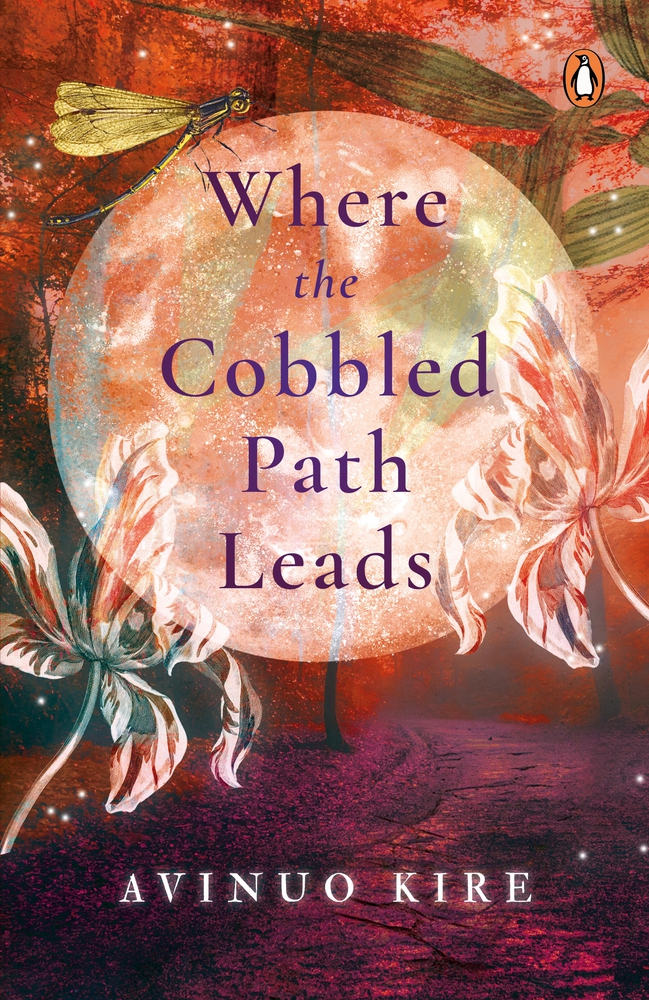
Title: Where The Cobbled Path Leads
Author: Avinuo Kire
Publisher: Penguin Hamish Hamilton
Blurb: Where the Cobbled Path Leads is a folk fantasy novel, interweaving fantasy fiction with Naga spirit stories and folklore.
Eleven-year-old Vime struggles to come to terms with the demise of her beloved mother. She has a special place she frequents-a cobbled footpath near her house which leads to a forest. On the day of her mother’s death anniversary, not wanting to return home, Vime follows the cobbled footpath to the deep end of the woods and discovers that the trail leads to a magnificent tree. She falls asleep under it only to wake up and find that the footpath has disappeared. Tei, a forest spirit, helps her relocate the missing pathway. Distressed that her father might remarry, she decides to leave her earthly life and join her mother in the spiritual world. As she travels to, from and through these realms, she understands what it is to embrace and survive grief, and what it means to surrender herself to these old spirits, not all of whom are good.
Price: Rs. 388 || Pages: 184
Title: Nagaland: A Love Story for Modern India
Author: Ben Doherty
Publisher: Wild Dingo Press
Blurb: With sensitively poetic prose, Doherty deftly draws the reader into worlds of parallel realities. The love story, desperate and damned, destined for tragedy; forged and upheld against the wishes of family and the dictates of culture, with a backdrop of violence and reprisals amidst the brutality of communal conflict. Alongside this is the story of life in the beautiful mountain state of Nagaland where traditions, loyalties and beliefs collide with modern imperatives that, for many, lead inexorably to poverty, dislocation, drug addiction, disease and despair.
Price: Rs. 1386 || Pages: 336
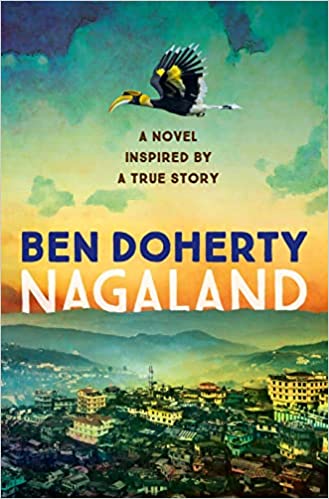
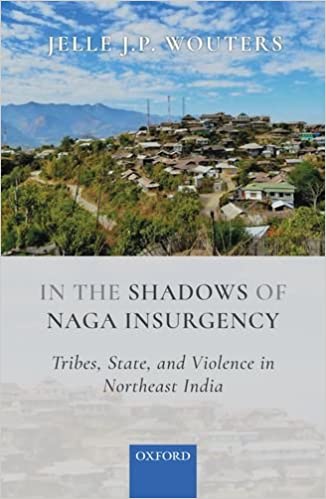
Title: In the Shadows of Naga Insurgency
Author: Jelle J.P. Wouters
Publisher: OUP India
Blurb: In the Shadows of Naga Insurgency is a fine-grained critique of the Naga struggle for political redemption, the state’s response to it, and the social corollaries and carry-overs of protracted political conflict in everyday life. Offering an ethnographic under view, Jelle Wouters illustrates an ‘insurgency complex’ that reveals how embodied experiences of resistance and state aggression, violence and volatility, and struggle and suffering link together to shape social norms, animate local agitations, and complicate inter-personal and inter-tribal relations in expected and unexpected ways. The book locates the historical experiences and agency of the Naga people and relates these to ordinary villagers’ perceptions, actions, and moral reasoning vis-à-vis both the Naga Movement and the state and its lucrative resources. It thus presses us to rethink our views on tribalism, conflict and ceasefire, development, corruption, and democratic politics.
Price: Rs. 969 || Pages: 356
Title: The Many That I Am: Writings from Nagaland
Author: Anungla Zoe Longkumer
Publisher: Zubaan
Blurb: A grandmother’s tattoos, the advent of Christianity, stories are woven into fabrics, a tradition of orality, the imposition of a “new” language, and a history of war and conflict—all of this and much more inform the writers and artists in this book. Filmmaker and writer Anungla Zoe Longkumer brings together, for the first time, a remarkable set of stories, poems, first-person narratives, and visuals that showcase the breadth of Naga women’s creative and literary expression. The essays are written in English, a language the Nagas—who had no tradition of written literature—made their own after the arrival of Christianity in the region during the nineteenth century. In The Many That I Am, each writer speaks of the many journeys women undertake to reclaim their pasts and understand their complex present.
Price: Rs. 359 || Pages: 192

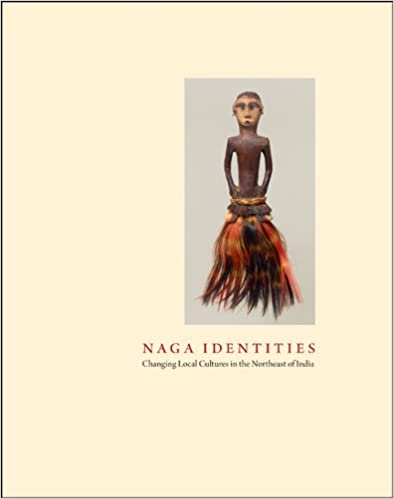
Title: Zorami: A RNaga Identities: Changing Local Cultures in the Northeast of India
Author: Michael Oppitz, Marion Wettstein, Thomas Kaiser
Publisher: Hudson Hills Press
Blurb: The Naga peoples inhabit the southeastern foothills of the Himalayas between India and Burma. Living in virtual isolation from the outside world until about 150 years ago, they developed a highly particular material culture and oral tradition. With period maps dating from the 1500s to the present day together with more than 270 colour plates, this extensive study explores the culture of a people known for their architecture, sculpture, wood carving, bodily ornaments, drums, and textiles. Objects and artefacts shown come from the extensive collections of the Pitt Rivers Museum at the University of Oxford, Museum fur Volkerkunde (Museum of Ethnology) in Vienna, and Museum der Kulturen (Cultural Museum) in Basel.
Price: Rs. 2400|| Pages: 464
Title: Laburnum for My Head
Author: Temsula Ao
Publisher: Penguin India
Blurb: A letter found on a dead insurgent blurs the boundaries between him and an innocent villager, both struggling to make ends meet. A woman’s terrible secret comes full circle, changing her daughter’s and granddaughter’s lives as well as her own. An illiterate village woman’s simple question rattles an army officer and forces him to set her husband free. A young girl loses her lover in his fight for the motherland, leaving her a frightful legacy. And a caterpillar finds wings.
From the mythical to the modern, Laburnum for My Head is a collection of short stories that embrace a gamut of emotions. Heartrending, witty and riddled with irony, the stories depict a deep understanding of the human condition.
Price: Rs. 175 || Pages: 120
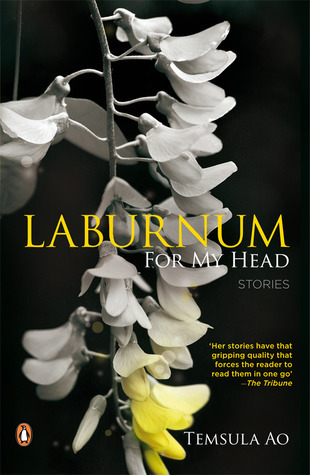
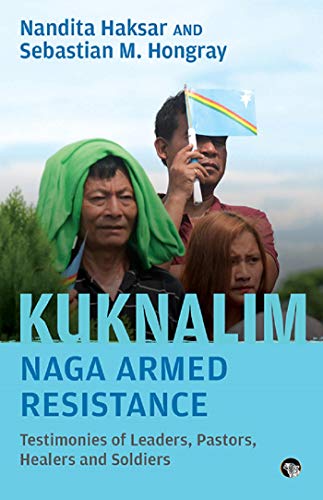
Title: Kuknalim, Naga Armed Resistance
Author: Nandita Haksar, Sebastian M. Hongray
Publisher: Primalogue Publishing Media
Blurb: This first-of-its-kind book tells the story of the Naga national movement from the inside. Based on extensive interviews of the Naga nationalists, conducted in the late 1990s in Bangkok, Kathmandu, Dimapur and Delhi, it explains why the Indo-Naga conflict has lasted more than seven decades, and why successive prime ministers of India, from Jawaharlal Nehru to Narendra Modi, have personally met the Naga leaders and tried to resolve the conflict.}
A groundbreaking work, Kuknalim offers invaluable insights into the world of Naga insurgency and its geo-political significance. Without asking the reader to agree or disagree with the people and movement it profiles, the book also examines complex questions of identity politics; the role of religion in nationalism; and the sentiments that drive men and women to take up arms and endure extreme hardship in pursuit of their dreams.
Price: Rs. 340 || Pages: 464
This list of books is curated by Amritesh Mukherjee for Purple Pencil Project’s Instagram.







